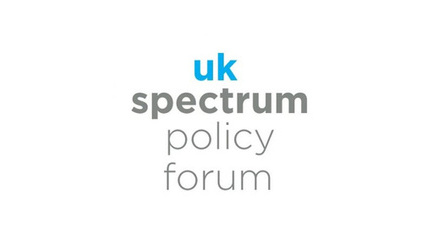Join us for the UK SPF Cluster 3 event, on Thursday 09 October between 14:00-16:00, which will tackle the pivotal debate on spectrum as an enabler of digitalisation for critical national infrastructure and transport.
There are several benefits to advance digitalisation of utilities.
- Enhanced network capacity
- Boosted resilience
- Reduced consumer bills
- Driving economic growth
- Faster to Net Zero
However, there are quite intricate questions in the way full roll out. Whilst the Department for Science Innovation and Technology (DSIT) sets the Strategic Framework against which Ofcom acts there is an inherent separation between the departments responsible for setting CNI Operator policy, e.g. the Department of Energy Security and Net Zero (DESNZ) or the Department for Transport (DfT) and Ofcom.
Beyond this, industry also needs to align in identifying the issues that require policy support. Overcoming technical barriers around data sharing, network slicing, and spectrum allocation needs to be carefully discussed by relevant stakeholders. Only by orchestrating commercial interests we will be able to deploy continuous and resilient connectivity to critical services.
Agenda
|
Time |
Topic |
Speaker |
|
14:00-14:05 |
Welcome and Introduction |
Tony Lavender, UK SPF Cluster 3 and Plum Consulting |
|
14:05-14:20 |
Connectivity demand and operational requirements from transport use cases |
Michaela Nelson, DfT |
|
14:20-14:35 |
Enhanced Operational Telecoms as an enabler of NetZero transition |
Peter Couch, JRC |
|
14:35-14:50 |
Delivery challenges for private networks |
Ian Adkins, Analysys Mason |
|
14:50-15:05 |
Spectrum as an enabler of digitalisation for CNI |
Justin Moore, Ofcom |
|
15:05-15:55 |
Panel discussion |
All |
|
15:55-16:00 |
AOB and Close |
Tony Lavender, UK SPF Cluster 3 and Plum Consulting |
Background
In July, the UK Government published a consultation on the Statement of Strategic Priorities around spectrum for CNI.
“To ensure Emergency Services, transport, and utility sector telecommunications needs are met:
- Ofcom should ensure that Emergency Services Network requirements and the safety of life and other related implications are factored into decisions on spectrum allocation as appropriate.
- Ofcom should continue to engage with government and other relevant stakeholders to identify the telecommunications needs and any potential spectrum requirements across transport and different utility sectors. Ofcom has an important role to play in ensuring the appropriate solution is identified.”
As the period for industry and stakeholders to contribute to this consultation closes, the UK SPF is keen to highlight all the key arguments that should be taken into account. Similarly, NESO’s report to Government to reach Cean Power in 2030 points out the following.
“Consolidate isolated and siloed digitalisation initiatives into a unified sector-wide prioritised plan, with expedited data sharing and enhanced decision-making driven through rapid adoption of artificial intelligence.”
Register
Join us to discuss these and other critical topics that will determine future adoption of digitalisation across sectors and enable achieving Net Zero goals.
Contact us

Tales Gaspar
Tales has a background in law and economics, with previous experience in the regulation of new technologies and infrastructure.

Sophie Greaves
Sophie Greaves is Associate Director for Digital Infrastructure at techUK, overseeing the Communications Infrastructure and Services Programme at techUK, and the UK Spectrum Policy Forum.





